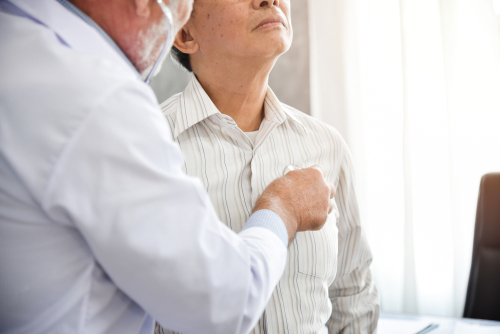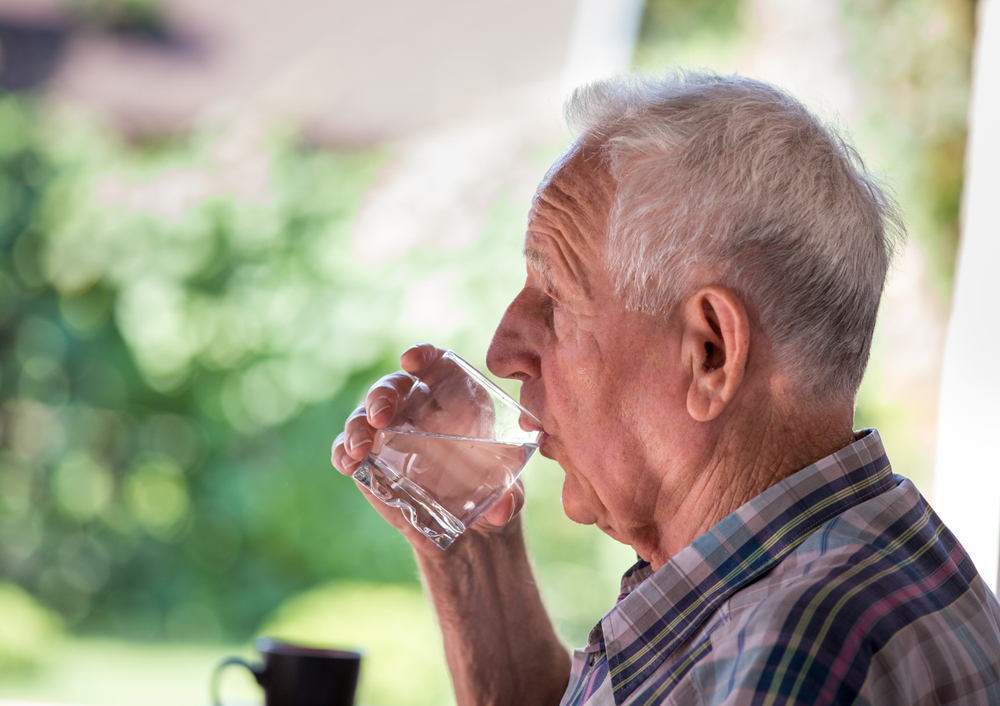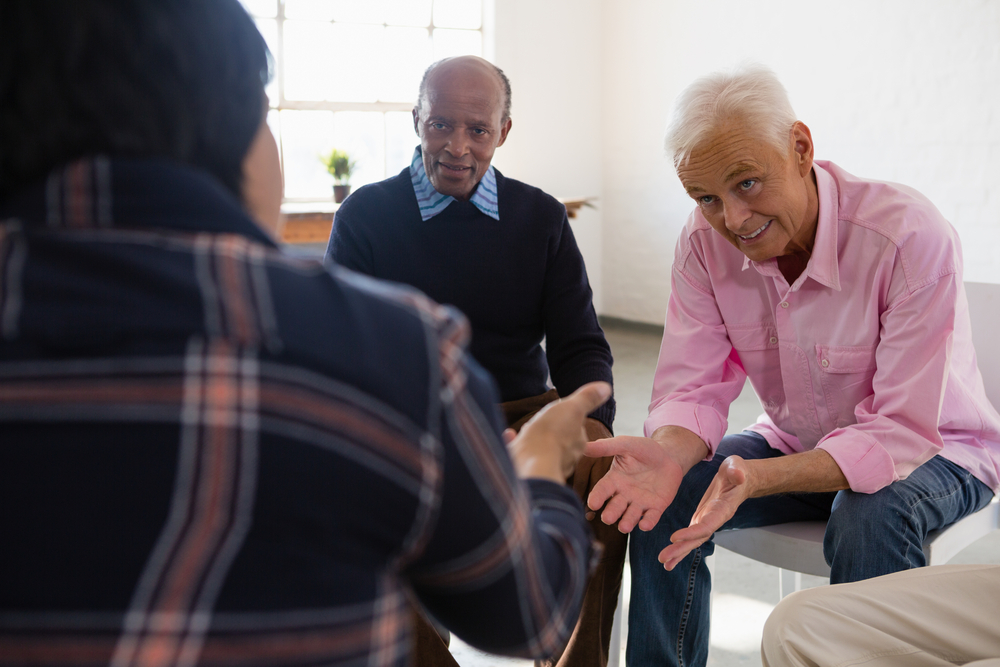RSV in Elderly Adults: Is It Dangerous?
Category:

You’ve probably heard or seen on the news that the spread of RSV is particularly bad this year. RSV, or Respiratory Syncytial Virus Infection, is generally known as a virus that affects young children. But lately, more and more adults and seniors are being hospitalized with severe cases of RSV. RSV in the elderly is particularly concerning because of their weakened immune system and other potential age-related issues.
RSV in Elderly Adults
An article published by CNN at the end of 2022 stated that this season, 6 out of every 100,000 elderly adults have been hospitalized with RSV. That’s an unusually high number, making RSV something elderly adults need to be cautious about. RSV is contagious to elderly adults, and can lead to serious breathing and lung issues like bronchitis and pneumonia.
RSV Symptoms in Elderly
Nearly every person on the planet has likely had RSV at some point in their life – often by age 2 – which can make one wonder, “Is RSV really dangerous for the elderly?” Unfortunately the answer is yes. Because many elderly adults have a weakened immune system – simply due to age – or other underlying health issues, RSV in elderly adults can be dangerous or even deadly.
RSV often presents like the common cold and can include symptoms like coughing, sneezing, runny nose, fever, and a decreased appetite. Some symptoms that indicate RSV is worsening and a doctor’s visit is necessary to include:
-
High fever
-
Very bad cough
-
Wheezing – a whistling sound when breathing
-
Fast breathing
-
Skin turning blue due to lack of oxygen
Difficulty breathing or skin turning blue requires a call to 911 immediately.
Treatment for RSV in elderly patients can include IV fluids, oxygen, breathing treatments, and in extreme cases, a ventilator to assist with breathing. Less severe cases of RSV can be treated at home with an over-the-counter pain relief and fever reducer like acetaminophen. The patient should also drink plenty of fluids to help avoid dehydration.
Prevention of RSV
Since RSV is contagious for elderly adults, preventative measures can help keep everyone safe and healthy. Some easy preventative measures (that will likely sound very familiar now) are:
-
Wash your hands with soap and water for at least 20 seconds.
-
Cover coughs and sneezes with your elbow or a tissue, not your hands.
-
Avoid touching your eyes and face.
-
Avoid close contact with others, especially those who seem ill. This includes kisses, hand shakes, and sharing cups and other eating utensils.
-
Clean frequently touched surfaces like doorknobs and light switches. Don’t forget to sanitize your phone, too!
Download Our Heart Health Guide
Ultimately if you are sick you should stay home and especially avoid being around other high risk members of the community, like those over age 65.
Subscribe
Date: February 9, 2023
Category:


